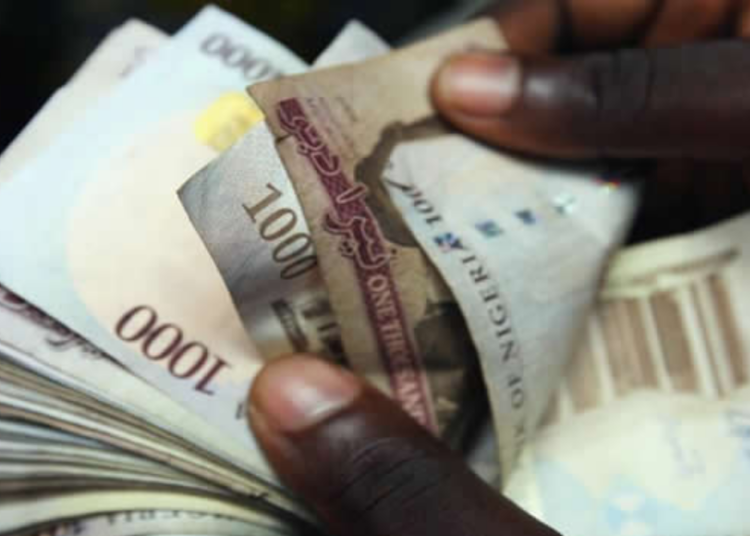The Nigerian Naira has been ranked the ninth weakest currency in Africa, according to a Forbes currency calculator report for September 2025, underscoring the lingering strain on the economy despite recent signs of easing inflation.
The Forbes currency calculator, which sources real-time foreign exchange market data via the Open Exchange Rates API, updates every five minutes to reflect live trading values. The platform tracks the impact of demand and supply, market sentiment, and broader economic conditions on each nation’s currency performance.
According to the latest data, the São Tomé & Príncipe Dobra (22,282 per $1) topped the list of Africa’s weakest currencies, followed by the Sierra Leonean Leone (20,970), Guinean Franc (8,680), Ugandan Shilling (3,503), and Burundian Franc (2,968). Others include the Congolese Franc (2,811), Tanzanian Shilling (2,465), Malawian Kwacha (1,737), the Nigerian Naira (₦1,490 per $1), and the Rwandan Franc (1,448).
In sharp contrast, the Tunisian Dinar (2.90 per $1), Libyan Dinar (5.40), Moroccan Dirham (9.91), Ghanaian Cedi(12.31), and Botswanan Pula (14.15) emerged as the continent’s five strongest currencies. Africa currently has 54 recognised countries, according to the United Nations.
While the Naira’s weakness highlights structural challenges, Nigeria has seen some relief on the inflation front. The National Bureau of Statistics (NBS) reported that headline inflation dropped from 24.5% in January to 20.12% in August 2025, marking the fifth consecutive month of decline.
The trend, according to analysts, is driven by stable foreign exchange inflows from oil exports and remittances, improved agricultural yields, and tighter monetary policy by the Central Bank of Nigeria (CBN), which has held the benchmark rate at 27.5%.
The Independent Media and Policy Initiative (IMPI) also confirmed this rare disinflationary trend. Its chairman, Dr. Omoniyi Akinsiju, noted, “Nigeria recorded a rare disinflation in 2025, with inflation falling from 24.5% in January to 20.12% in August, the sharpest mid-year slowdown in over a decade.”
Looking ahead, IMPI projects that inflation could ease further, “We forecast that inflation could drop to 17% by December 2025, signalling continued disinflation and easing pressure on consumers,” Dr. Akinsiju added.
Despite the encouraging inflation figures, economic watchers say Nigeria’s placement on the continent’s weakest currency list underscores the urgent need for sustained reforms in foreign exchange management, production, and investment inflows to restore long-term confidence in the Naira.





